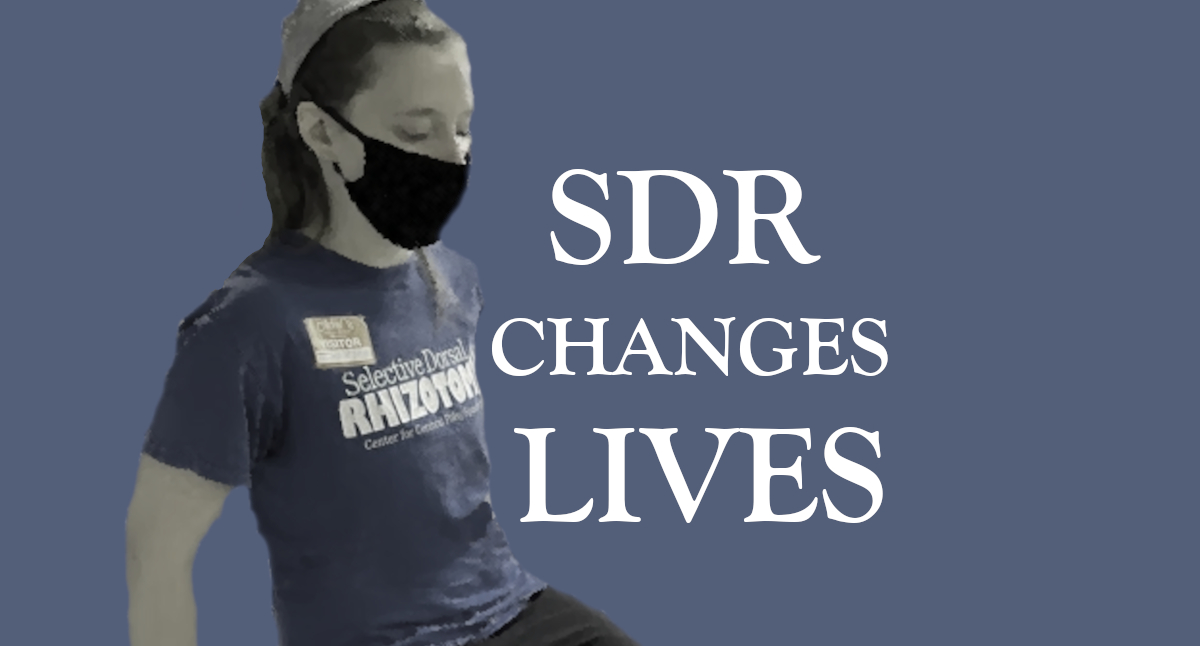magnesium & gabapentin
(As always, please check with your medical team before using any supplement or medication!)
MAGNESIUM
Magnesium supplements can help ease muscle spasms and nerve issues after SDR. Some people have reported that it helps them pre-SDR too; it can help with muscle cramping and twitching, especially at night, and it may even help with other medical issues unrelated to CP (check with your doctor about this).
If you do try magnesium, consider looking specifically for magnesium glycinate or magnesium biglycinate. These forms may be more easily absorbed and thus may be less likely to affect the digestive system. Some of the other forms of magnesium (like magnesium citrate) are laxatives, which means they can upset your stomach and cause diarrhea. (However, magnesium citrate may be a potential solution for people with CP who deal with chronic constipation.)
Ask your healthcare professional about the best dosage for you. The ideal dosage will vary depending on the person, but it’s probably a good idea to start low and gradually work your way up to let your body get used to it. Keep in mind that it may take 3 or 4 days to build up in your system, so you may have to wait to see effects. As a side effect, it may cause you to sleep more deeply and have more vivid dreams, especially initially.
GABAPENTIN
Some teenagers and adults experience nerve pain after SDR. This pain might feel like a prickly, static-electricity feeling combined with a sunburn (it was all over my legs, but especially on the soles of my feet). For those who experience it, it tends to start around 10 days post-SDR and become more intense over the next couple of days. It’s often worse at night and accompanied by muscle spasms. It is typically short-term. Mine lasted for about a month after SDR.
While a magnesium supplement can help with this pain, magnesium often isn’t strong enough. If you’re experiencing nerve pain and magnesium isn’t helping, consider talking to your care team about the nerve-pain medications gabapentin or pregabalin. (Note that magnesium supplements may reduce the absorption of gabapentin, so it’s best not to take magnesium and gabapentin together.)
There are risks though. Some people say that gabapentin makes them feel tired and depressed (sometimes suicidal). Others may experience other side effects or may need to work with their care team to figure out exactly what dose is best for them. Some people don’t get full relief from gabapentin, but for many, it gets rid of that early post-SDR nerve pain completely or nearly completely, and patients usually only need it for about a month or a month and a half. For me, it was definitely worth it. I also only needed to take half of my prescribed dose for full relief of my symptoms. Note that tapering down may be a good idea when you’re ready to stop. (It was for me!)
Some surgeons start patients on gabapentin by default. Due to potential side effects, Dr. Park’s office doesn’t usually prescribe it unless people experience nerve pain. If patients don’t respond well to gabapentin, sometimes they are prescribed a similar nerve pain medication called pregabalin instead.
